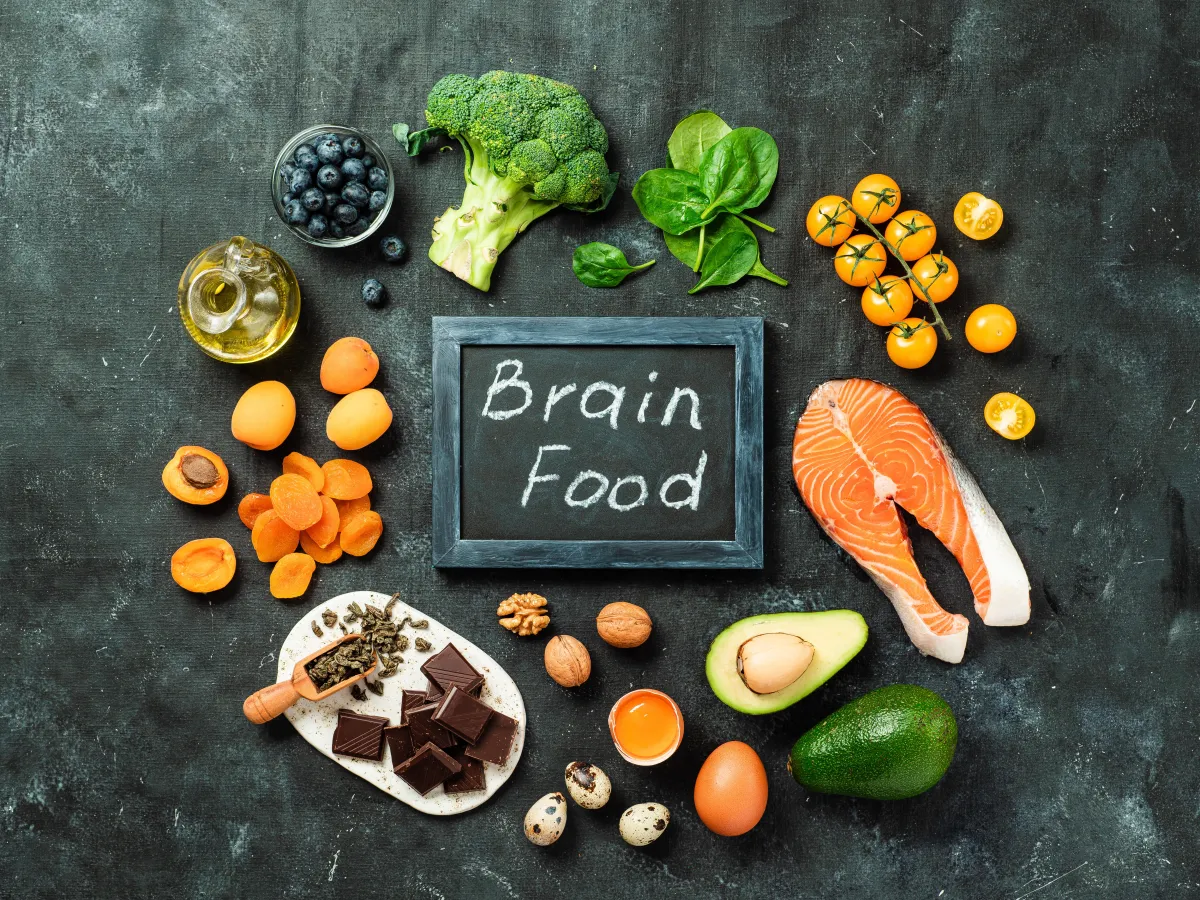
Brain Health & Fasting
There’s a quiet strength that comes from clarity of mind. In a world full of noise, the ability to think clearly and stay sharp is a treasure that too often fades with age. But it doesn’t have to. More and more people are finding that intermittent fasting is a simple yet powerful way to protect brain function, support long-term memory, and improve mental focus. It’s not just about food. It’s about living with intention.
Intermittent fasting is gaining ground among people who want more out of life than just feeling full. They want purpose, clarity, and the ability to stay mentally present for the people and goals that matter. Fasting does more than manage weight or energy. It touches the mind in ways that are still being explored, and the early signs are promising.
What Fasting Does for the Brain
Intermittent fasting is not a fad. It is a return to something natural. The body was not made to eat from sunup to sundown. By taking regular breaks from food, the body enters a repair mode. That’s when something powerful starts to happen in the brain. Chemicals shift. Cells begin cleaning themselves. And one vital protein rises.
That protein is called BDNF. It stands for Brain-Derived Neurotrophic Factor. It acts like fertilizer for the brain. It helps brain cells grow, connect, and stay strong. Higher levels of BDNF mean better memory, quicker thinking, and a stronger defense against age-related mental decline. Fasting is one of the most effective ways to increase BDNF naturally.
Sharper Focus During Fasted Hours
Many people who fast report that their minds feel clearer during the fasting window. With digestion on pause, the body uses that energy to support alertness and brain function. There’s less fog. Thoughts come easier. Tasks feel more doable. That sharpness is a gift, especially in the early hours of the day when focus matters most.
The mental benefits are not just for the moment. Regular fasting helps the brain become more efficient. It reduces stress in the body, improves insulin response, and encourages calm thinking under pressure. These are traits that matter whether you're leading a meeting, teaching a child, or just trying to stay steady in a busy world.
Guarding the Mind as We Age
Aging does not have to mean decline. While memory challenges and slower thinking are common in later years, they are not guaranteed. Fasting offers one way to slow or even reduce those risks. The increase in BDNF, the reduction in inflammation, and the cleaning of damaged cells all help the brain stay younger for longer.
Scientific studies continue to explore how fasting may delay or lower the chances of diseases like Alzheimer’s. What’s already clear is that fasting supports the brain’s ability to protect itself. It’s not a cure, but it’s a strong line of defense. The earlier you start, the more you support your future self.
Bringing Purpose Into the Practice
Fasting has long been tied to spiritual discipline. For many, the fasted state is not just physical. It’s mental and spiritual. In the stillness of fasting, distractions fall away. Reflection becomes easier. Focus becomes natural. Whether through prayer, journaling, or quiet time, fasting offers more than health, it offers alignment.
That sense of alignment can be a powerful tool for people looking to stay centered in a world that pulls in every direction. When fasting becomes a part of life, the benefits go beyond the body. They reach the mind, the spirit, and the way a person shows up in the world.
Getting Started With Confidence
If fasting is new to you, start simple. Begin by shortening your eating window. Skip late-night snacks and give your body time to rest. A common starting point is 16 hours of fasting followed by 8 hours of eating. Over time, you’ll learn what works best for your schedule and energy.
Make sure to stay hydrated and eat foods that support brain function. Think greens, healthy fats, and clean proteins. Sleep well. Move your body. Fasting works best when paired with good habits. It’s not a magic fix, but it’s a strong foundation. It gives your brain the space and support it needs to stay alert and strong.
Think Ahead, Act Now
The best way to care for your brain is to start before problems show up. Intermittent fasting is one of the few tools that supports brain health now and later. It helps you stay sharp in the moment while protecting your mind for years to come.
If you want to think clearly, remember more, and lead a life with focus, fasting may be the step that gets you there. It's a simple practice with deep results. The discipline you build now will serve you every day forward.
Clear thinking, better memory, and stronger brain function are all within reach. You don’t have to chase them. You just have to create the space for them to grow. That’s the real power of fasting.
Sources:
National Institutes of Health on Fasting and Brain Health: https://www.ncbi.nlm.nih.gov/pmc/articles/PMC3946160/
Johns Hopkins Medicine on Intermittent Fasting: https://www.hopkinsmedicine.org/health/wellness-and-prevention/intermittent-fasting-what-is-it-and-how-does-it-work
Cleveland Clinic on Fasting Benefits: https://health.clevelandclinic.org/intermittent-fasting-benefits/
Alzheimer’s Association and Brain Health: https://www.alz.org/help-support/brain_health
